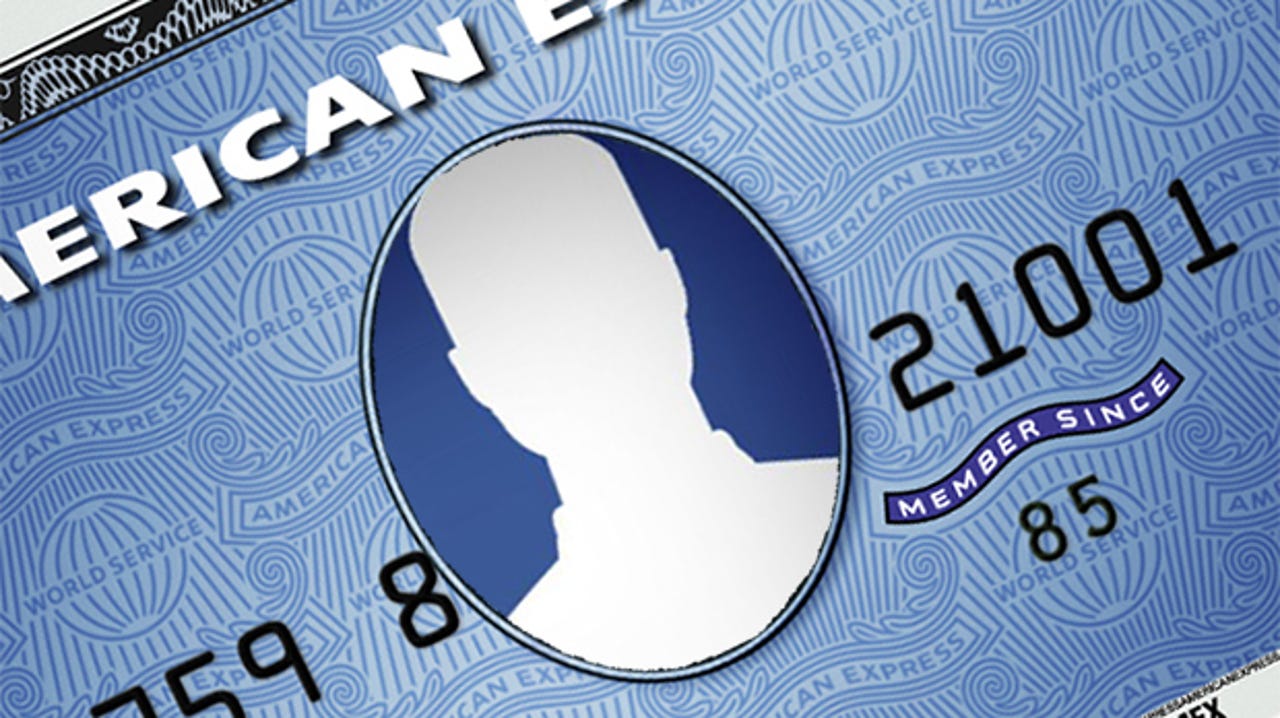Want to buy something? Sign into Facebook first


If there's one thing we can all agree on, it's that entering billing information all over the web is a drag.
Choose your method of payment.
Enter your name on the card.
Enter your convenient 15-digit card number.
Enter the expiration date.
Yuck.
Online vendors don't like it, either—mainly because it's an additional hurdle that gets in the way of your buying something. The brilliance of seamless, frictionless, one-click shopping is that you'll likely buy more stuff. It reduces the time spent thinking about how much money you're blowing on that solid state hard drive you just need for your third home computer system.
PayPal has long played middleman in this game. But now that social networks have made inroads as identity managers of sorts—if a person is not on a social service of some kind, they might as well not exist—Facebook wants a piece of the action.
And the money.
Facebook is evaluating a new product that would allow online shoppers to make purchases on mobile apps using their Facebook login information, according to a new AllThingsD report.
The idea, as Jason Del Rey and Mike Isaac note, is to speed the process. Once you provide Facebook with your banking details, it will divulge them to mobile-ready vendors as you wish.
The upside is easy to discern: Facebook gets to play matchmaker, taking a cut from the revenue and reinforcing its position as your online identity. The vendors get a lift from the world's largest social network site, selling through a channel that's still small but growing rapidly.
Oh, and did we mention all the transaction data Facebook would be privvy to? Which it could then package and sell to advertisers? Worth its weight in gold, I'm sure.
PayPal isn't the only company at risk; a number of other payments efforts (from Google's Checkout to the startup Stripe) have long been working to take advantage of this business opportunity.
Critics in the AllThingsD article cite trust as a major hurdle for Facebook, but let's be honest—we're already purchasing billions of dollars worth of things online in a seamless way, from physical and digital goods on Amazon to virtual items using Microsoft's Xbox Live and Apple's iTunes.
Why should Facebook be any different?